Growing plants is considered an eco-friendly hobby, but there can be some pitfalls as well. We’ve prepared this guide to help you avoid them and make your contribution to the local environment. Let’s start with the basics—the growing medium.
Eco-Friendly Growing Medium
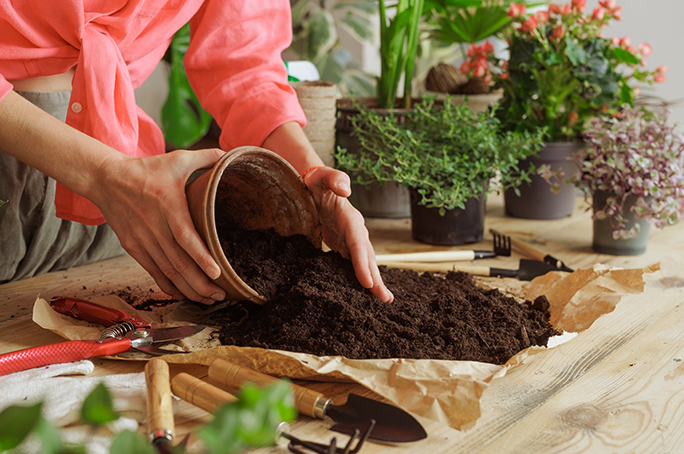
Every plant lover knows that many houseplants are grown in peat. Despite being extremely popular, it’s a highly harmful option. The process of peat extraction wreaks havoc on the local ecosystem and releases greenhouse gases from the soil’s ancient deposits. Moreover, peat needs thousands of years to form and become usable, so it’s a non-renewable source.
Safe Alternatives

- Sphagnum moss is a great option for novice gardeners, but make sure to mix it with pumice, bark chips, or perlite since this material decomposes and compacts with time.
- Biochar is porous and rich in nutrients. Moreover, it stores carbon dioxide instead of releasing it.
- Coir possesses great draining and absorbing properties and has no odor. It also boosts root growth. However, it can hold salts, so be careful when applying fertilizers.
Now that you know how to avoid one of the biggest ecological mistakes a plant parent can make, it’s time to implement these 5 recommendations prepared by our professional botanists:
Mike Richardson

“To get rid of pests, wash them off under running water and spray the infested plant with a soapy solution, garlic infusion, or neem oil instead of using toxic insecticides.”
Olivia Moore
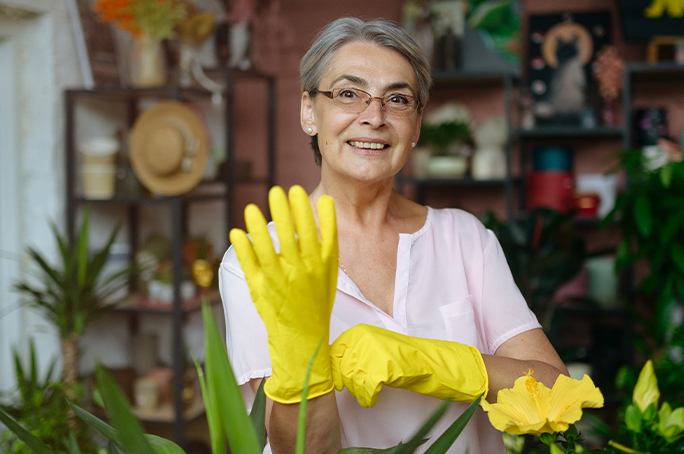
“Homemade compost will improve the soil, prevent weeds, and attract beneficial worms, insects, and microorganisms.”
Mia Sanders
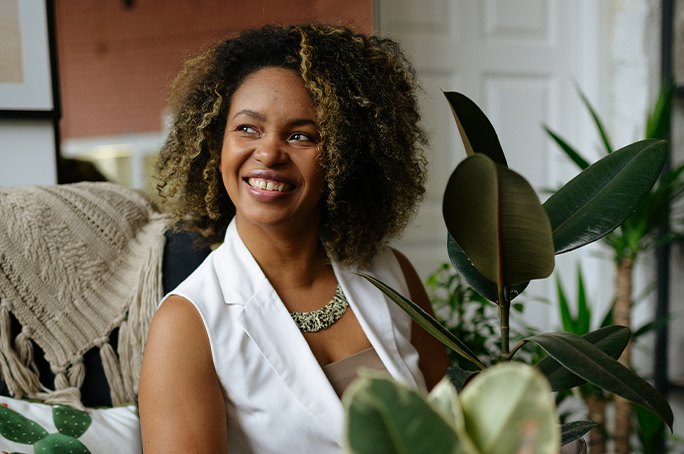
“Mulch the topsoil to protect the roots from drastic temperature changes, help the plant save warmth and moisture, and prevent soil erosion.”
Alyssa Hill
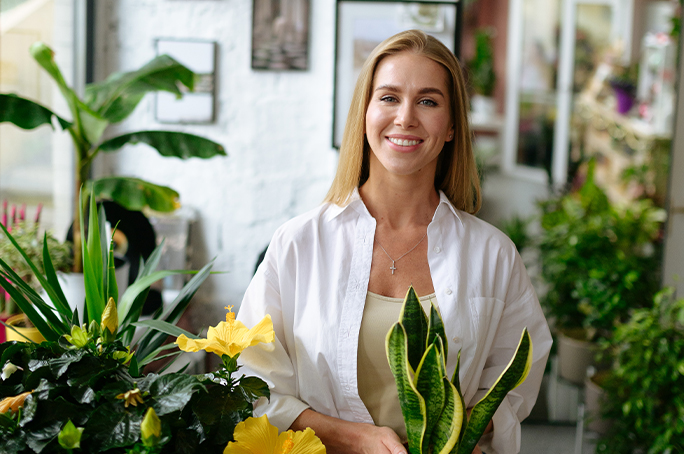
“Try companion planting to get the most of your vegetable garden. For example, you can plant the onion, garlic, or marigold around susceptible species to ward off pests and nematodes. Spicy herbs will protect your vegetables from snails and slugs.”
Maria Scott
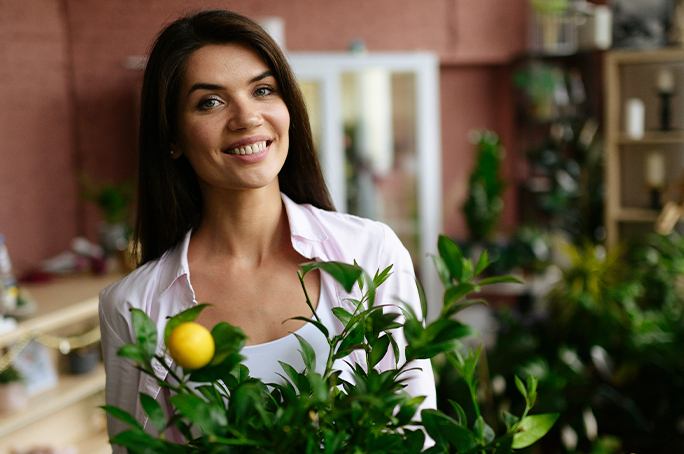
“Opt for native species and propagate your plants instead of buying exotic ones. Commercial plant cultivation often harms the environment, so you can help the ecology by growing your own sustainable garden.”
Earth Day Bucket List
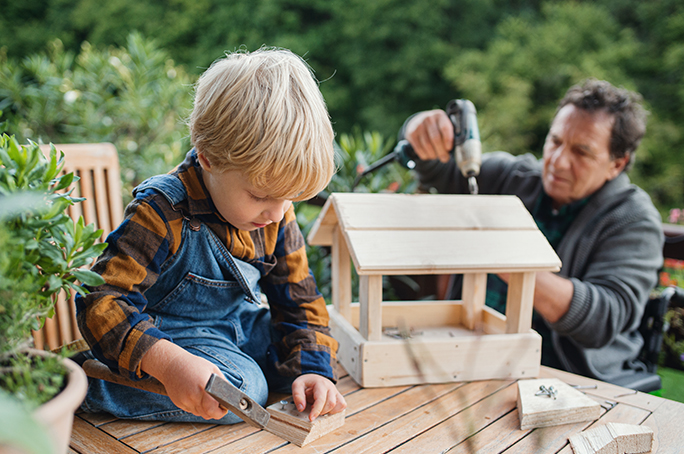
Earth Day isn’t only about being responsible and paying attention to environmental problems. It’s also a festive event with the main purpose of popularizing a green lifestyle and involving as many people as possible. Take this chance to teach your children to love our planet by trying these fun and useful activities!
- Make or buy a bee hotel.
- Build a bird house.
- Plant a species that attracts pollinators.
- Use Plantum to recognize 5 plants in the local park.
- Plant a tree that’s beneficial for your local nature.
- Make a biodegradable pot.
- Craft a hanging pot from an old plastic bottle.
- Sow seeds of plants native to your area.
- Learn how to recycle your spent gardening tools.
- Start your composting bin.
Go green together with Plantum!
